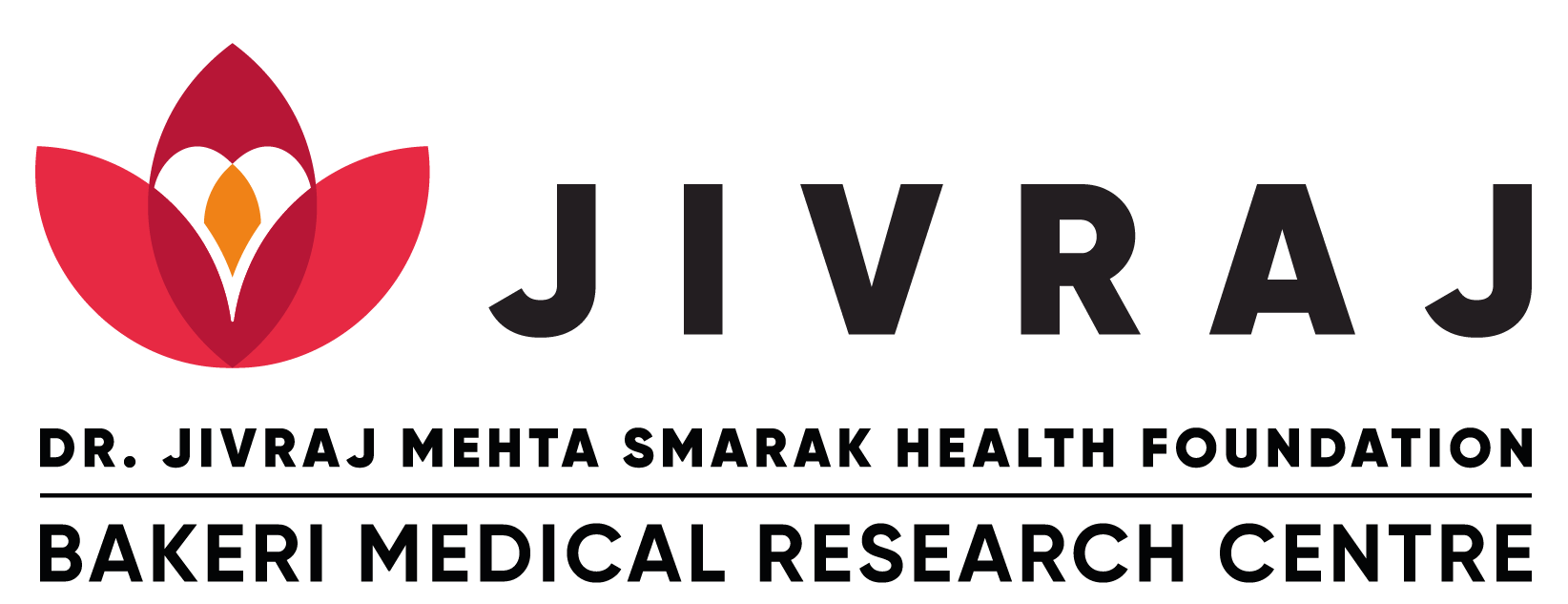Common Signs of Cancer You Shouldn’t Ignore
Cancer is one of the leading causes of death worldwide, yet early detection can significantly improve survival rates. Many cancers exhibit warning signs that, if recognized early, can lead to timely diagnosis and effective treatment. While not every symptom necessarily indicates cancer, it is essential to be aware of changes in your body and seek medical attention when something doesn’t feel right.
This article outlines common symptoms that could signal cancer and why it is crucial to pay attention to these warning signs.
General Symptoms of Cancer
While different types of cancer have distinct symptoms, there are some general warning signs that can indicate an underlying problem. If you experience any of the following symptoms persistently or without an obvious cause, it’s important to consult a doctor.
1. Unexplained Weight Loss
Losing weight unintentionally, especially more than 10 pounds without changes in diet or exercise, could be an early sign of cancer. Cancers such as pancreatic, stomach, esophageal, or lung cancer are known to cause sudden weight loss.
2. Fatigue
Feeling persistently tired despite adequate rest could indicate an underlying health issue. Cancer-related fatigue is usually more severe and does not improve with sleep. Leukemia, colon cancer, and stomach cancer are commonly associated with unexplained fatigue.
3. Unexplained Pain
Persistent pain that doesn’t go away and has no clear cause could be a sign of various cancers. Bone cancer can cause deep, aching pain, while persistent headaches might indicate brain tumors. If you experience chronic pain that is unexplained, seek medical advice.
4. Fever and Night Sweats
Frequent fevers and night sweats can be linked to lymphoma or leukemia. While infections often cause fever, unexplained or recurrent fevers should be checked by a healthcare provider.
5. Unexplained Bleeding or Bruising
Blood in the stool or urine, unusual vaginal bleeding, coughing up blood, or persistent bruising may indicate cancers such as colorectal, bladder, or lung cancer. Any unusual bleeding should be assessed by a doctor.
6. Persistent Cough or Hoarseness
A cough lasting more than a few weeks, especially when accompanied by blood or chest pain, may be a symptom of lung cancer. A persistent hoarse voice could indicate throat or laryngeal cancer.
Specific Symptoms by Cancer Type
1. Breast Cancer
- Lump or thickening in the breast or underarm
- Changes in breast shape or size
- Nipple discharge, especially if bloody
- Redness, dimpling, or irritation of the skin around the breast
2. Colorectal Cancer
- Changes in bowel habits, including persistent diarrhea or constipation
- Blood in stool (may appear dark, tarry, or bright red)
- Abdominal pain, bloating, or cramping that doesn’t go away
3. Lung Cancer
- Persistent cough that worsens over time
- Coughing up blood or mucus with blood streaks
- Shortness of breath or chest pain
- Recurrent lung infections such as pneumonia or bronchitis
4. Skin Cancer (Melanoma)
- New or changing moles with irregular shapes and colors
- Sores that do not heal
- Unusual lumps or patches of skin that itch or bleed
5. Ovarian Cancer
- Persistent bloating or abdominal swelling
- Feeling full quickly despite eating small meals
- Frequent urination or pelvic discomfort
6. Prostate Cancer
- Difficulty urinating or weak urine flow
- Blood in urine or semen
- Pain in the lower back, hips, or pelvis
7. Oral Cancer
- White or red patches in the mouth
- Persistent mouth sores
- Difficulty swallowing or persistent sore throat
- Numbness or pain in the mouth
When to See a Doctor
It is important to pay attention to persistent or unusual symptoms that don’t go away. While many symptoms may be due to other, less serious conditions, early diagnosis of cancer can lead to better treatment outcomes. Consult a doctor if you experience:
- Symptoms that persist for several weeks
- A noticeable change in body functions (e.g., trouble swallowing, persistent indigestion, or changes in bowel habits)
- New lumps or swellings anywhere in the body
- Unexplained fevers, night sweats, or chronic pain
Prevention and Early Detection
Being proactive about health can reduce the risk of cancer and improve the chances of early detection. Here’s how:
- Regular Screenings: Get routine check-ups, including mammograms, colonoscopies, and pap smears based on your age and risk factors.
- Healthy Lifestyle: Maintain a balanced diet, exercise regularly, and avoid tobacco and excessive alcohol consumption.
- Know Your Family History: Understanding your genetic predisposition can help with early monitoring and prevention.
- Self-Examinations: Regularly check for lumps, unusual skin changes, and other signs that could indicate an issue.
Conclusion
Early detection is key to successfully treating cancer. Understanding and recognizing the warning signs can save lives. While not all symptoms mean cancer, it’s crucial to seek medical advice if something feels unusual. By staying vigilant, getting regular check-ups, and leading a healthy lifestyle, individuals can take proactive steps toward preventing and detecting cancer early.
If you notice any persistent or unusual symptoms, don’t ignore them-speak to a healthcare professional as soon as possible. Your health matters, and early detection can make all the difference.
Jivraj Mehta Hospital’s Commitment to Cancer Awareness
Jivraj Mehta Hospital in Ahmedabad is dedicated to providing advanced cancer screenings, diagnostic services, and expert oncology care. Our team includes Dr.VikasMaheshwari, a full-time Onco Surgeon with experience since 2015, ensuring patients receive specialized surgical oncology treatment. If you notice any persistent or unusual symptoms, don’t ignore them-schedule a consultation today and take control of your health.






